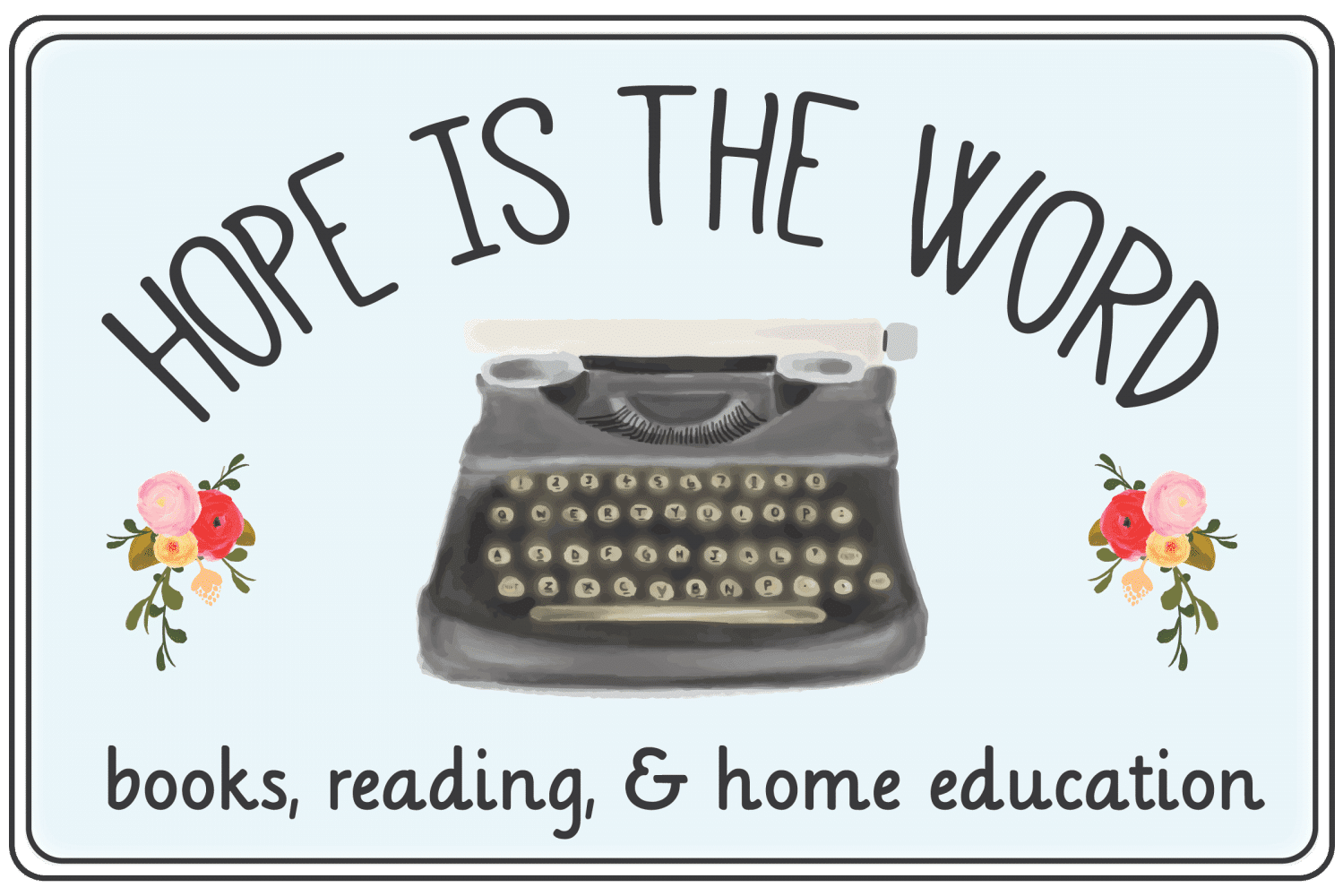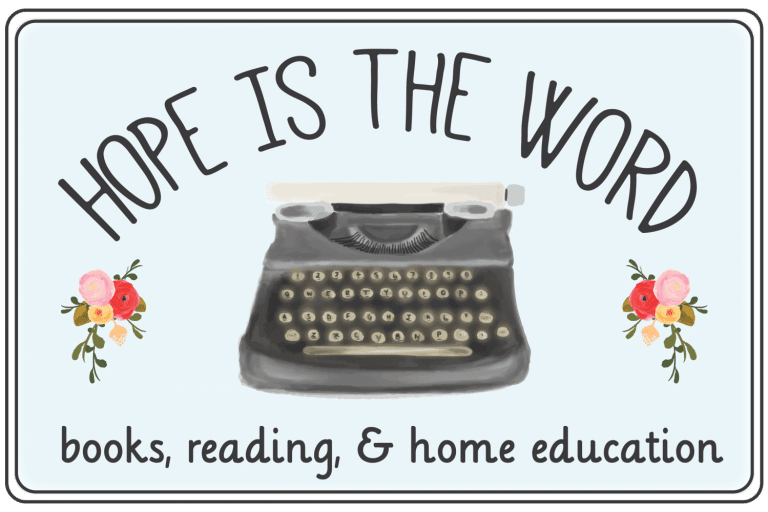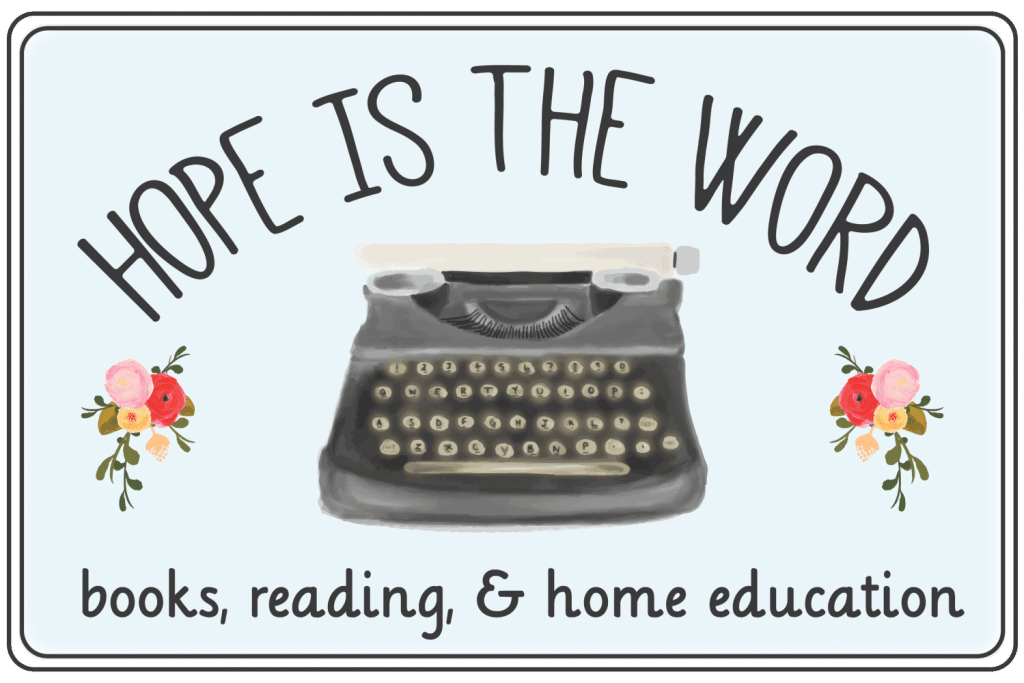In today’s fast-paced and stressful world, finding effective ways to manage our emotions and maintain our mental well-being has become increasingly important. While traditional forms of therapy, such as talk therapy, have long been popular, there is a growing recognition of the power of creative outlets in promoting self-reflection and healing. One such creative outlet that has gained significant attention in recent years is poetry therapy. In this article, we will explore the therapeutic benefits of poetry and how it can be used as a powerful tool for self-expression, self-discovery, and emotional healing.
Understanding Poetry Therapy
Poetry therapy is an expressive arts therapy that utilizes the written word, specifically poetry, as a means of exploring and addressing emotional, psychological, and spiritual challenges. It involves engaging in the process of reading and writing poetry to promote self-reflection, gain insights, and foster personal growth. The goal of poetry therapy is to facilitate emotional healing, enhance self-awareness, and promote overall well-being.
The Power of Poetry for Self-Reflection
Poetry has a unique ability to capture and communicate complex emotions and experiences in a condensed and impactful way. Through the use of metaphors, imagery, and rhythmic language, poetry can evoke deep emotional responses and allow individuals to explore their innermost thoughts and feelings. When engaging with poetry, individuals are encouraged to reflect on their own personal experiences and find meaning within the words on the page. This process of self-reflection can lead to greater self-awareness, insight, and understanding.
Writing Poetry as a Form of Self-Expression
One of the key aspects of poetry therapy is the act of writing poetry as a form of self-expression. By putting pen to paper, individuals have the opportunity to give voice to their emotions and experiences in a creative and cathartic way. The act of writing poetry allows individuals to externalize their thoughts and feelings, giving them a tangible form that can be explored and processed. This process of self-expression can provide a sense of release and relief, allowing individuals to gain a new perspective on their emotions and experiences.
Poetry as a Tool for Emotional Healing
The therapeutic benefits of poetry extend beyond self-expression and self-reflection. Engaging with poetry can also be a powerful tool for emotional healing. When reading or writing poetry, individuals often find comfort and solace in the words and experiences of others. Poetry has a way of validating our emotions and making us feel less alone in our struggles. It can provide a sense of connection and empathy, allowing individuals to find healing through shared experiences. Additionally, the act of writing poetry can be a cathartic process that helps individuals process and release difficult emotions, leading to a sense of emotional healing and growth.
Incorporating Poetry Therapy into Self-Care Practices
Now that we understand the therapeutic power of poetry, let’s explore how we can incorporate poetry therapy into our self-care practices. Here are a few suggestions:
- Morning Pages: Set aside a few minutes each morning to write stream-of-consciousness poetry. This practice can help clear your mind, set intentions for the day, and promote self-reflection.
- Poetry Journaling: Create a dedicated journal for writing poetry. Use it as a safe space to explore your emotions, experiences, and thoughts through poetry. Write freely and without judgment.
- Poetry Prompts: Seek out poetry prompts or writing exercises to inspire your creativity and self-expression. Use these prompts as a starting point for exploring your emotions and experiences through poetry.
- Poetry Reading: Engage with poetry by reading the works of renowned poets or exploring contemporary poetry collections. Allow yourself to be moved by the words and themes presented in the poems.
- Poetry Workshops or Groups: Join a poetry therapy workshop or group where you can connect with others who share a similar interest in using poetry for self-reflection and healing. Engaging in poetry-related activities with a community can provide additional support and inspiration.
Conclusion
Poetry therapy offers a unique and powerful approach to self-reflection and healing. Through the act of reading and writing poetry, individuals can gain insights, express emotions, and find solace in shared experiences. By incorporating poetry therapy into our self-care practices, we can harness the therapeutic power of poetry to promote emotional healing, self-awareness, and overall well-being. So why not pick up a pen and give poetry therapy a try? You may just discover a new tool for self-expression and personal growth that can positively impact your life.



